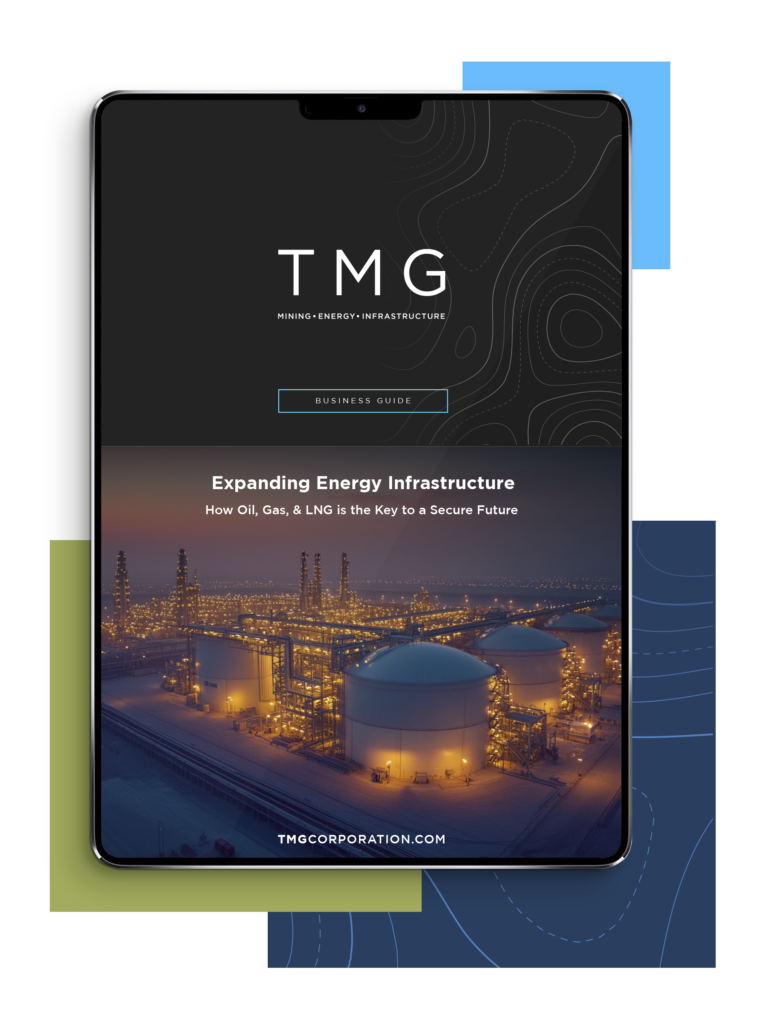Call Us Today: +1 866 205 2414
The global energy landscape is undergoing a profound transformation. Nations, industries, and policymakers are pushing for decarbonization while balancing the realities of economic growth and energy security. While renewables are a crucial part of this transition, the demand for oil and gas remains strong and will continue for decades. Rather than being phased out, the oil and gas industry is evolving—leveraging advanced carbon capture, responsible extraction techniques, and methane reduction technologies to reduce environmental impact while ensuring stable energy supplies.
A balanced energy future requires a realistic, pragmatic approach—one that integrates renewables while recognizing the continued necessity of hydrocarbons for industrial applications, heavy transport, and grid stability. Long-term investment in oil and gas remains essential to affordability, security, and sustainability, ensuring that the world does not face energy shortages or economic disruption.
Oil and gas companies are leading innovations in emissions reduction, incorporating new technologies to minimize environmental impact while maintaining production levels.
Carbon capture technology allows CO₂ emissions from oil and gas operations to be captured and either stored underground or repurposed for industrial use. This process reduces the industry’s carbon footprint, preventing emissions from being released into the atmosphere.
CCUS is one of the most effective tools for reducing emissions while ensuring that oil and gas production remains viable in a low-carbon future.
Methane, a potent greenhouse gas, is a key focus for sustainability efforts in the oil and gas sector. Companies are implementing satellite monitoring, AI-driven leak detection, and improved pipeline infrastructure to reduce emissions.
These advancements are making oil and gas production cleaner and more responsible, ensuring that emissions are reduced while maintaining global energy supplies.
Technological innovation in drilling and extraction methods has led to more efficient, lower-impact oil and gas production.
Hydraulic fracturing (fracking) has been revamped with more sustainable practices, significantly reducing its environmental footprint.
Artificial intelligence (AI) and automation are improving drilling accuracy, reducing waste, and lowering emissions.
With these innovations, oil and gas production is becoming more efficient and environmentally conscious, addressing sustainability concerns without sacrificing output.
A responsible energy transition does not mean abandoning oil and gas infrastructure but rather optimizing it alongside renewable expansion.
Rather than viewing oil and gas infrastructure as outdated, many energy experts advocate for modernizing existing assets to complement renewables, reducing costs and ensuring energy security during transition periods.
Despite the growth of renewables, global oil and gas demand is not declining—and in many regions, it is increasing. Continued investment in oil and gas is essential for stability, affordability, and economic security.
Nations that invest in domestic oil and gas production reduce reliance on foreign energy imports, strengthening economic resilience.
Energy security remains a top priority, and without continued oil and gas investment, supply chain disruptions and economic instability could increase.
Oil and gas remain the most cost-effective energy sources in many regions, particularly for developing economies.
A full transition to renewables is not technically, economically, or politically feasible in the near term. A hybrid approach that incorporates oil, gas, and renewables is the most sustainable path forward.
By taking a pragmatic approach to energy policy, the industry can continue advancing sustainability while maintaining the reliability and affordability the world depends on.
The oil and gas industry is not disappearing—it is evolving. With advanced carbon capture, methane reduction, and responsible extraction, the industry is actively reducing emissions while ensuring energy stability. At the same time, oil and gas remain critical to economic growth, industrial development, and national security.
The future of energy is not about choosing between oil and renewables—it’s about integrating both in smarter, more sustainable ways. As technology improves, the oil and gas industry will continue lowering its environmental impact while supporting the global transition to a cleaner energy future.
Contact TMG today to learn how we help businesses navigate the complexities of energy transition with strategic solutions tailored to their needs.

To gain deeper insights into this critical discussion, download the latest business guide, The Reality of Energy Transition: Why Oil & Gas Still Matter.

President
Kenny MacEwen is President of TMG and a senior execution leader with over two decades of experience delivering complex projects across the mining, energy, and infrastructure sectors. With a foundation in mechanical engineering and a track record spanning both Owner and consulting roles, Kenny has led multidisciplinary teams through all phases of the project lifecycle—from early studies and permitting support through detailed engineering, construction, and commissioning. His experience includes overseeing large-scale programs at New Gold and Centerra Gold Inc., where he aligned technical, commercial, and operational objectives across high-value global portfolios.
At TMG, Kenny leads the integration of project delivery frameworks that support Owner-side governance, stakeholder engagement, and cross-functional execution. He is deeply involved in developing workface planning models, ensuring interface risks are actively managed, and advancing readiness strategies that position assets for seamless transition to operations. His leadership extends across EPC coordination, budget stewardship, and the application of risk-adjusted scheduling tools to maintain project momentum. Kenny is recognized for fostering team cohesion in high-pressure environments while ensuring technical rigor and delivery accountability remain front and center.